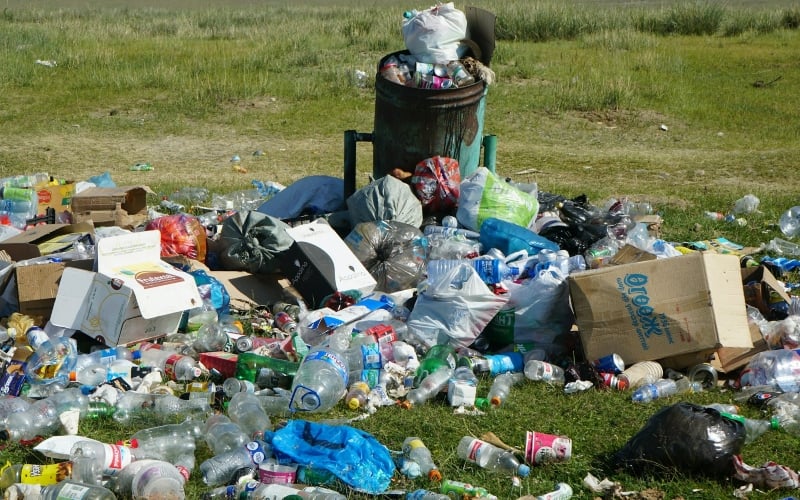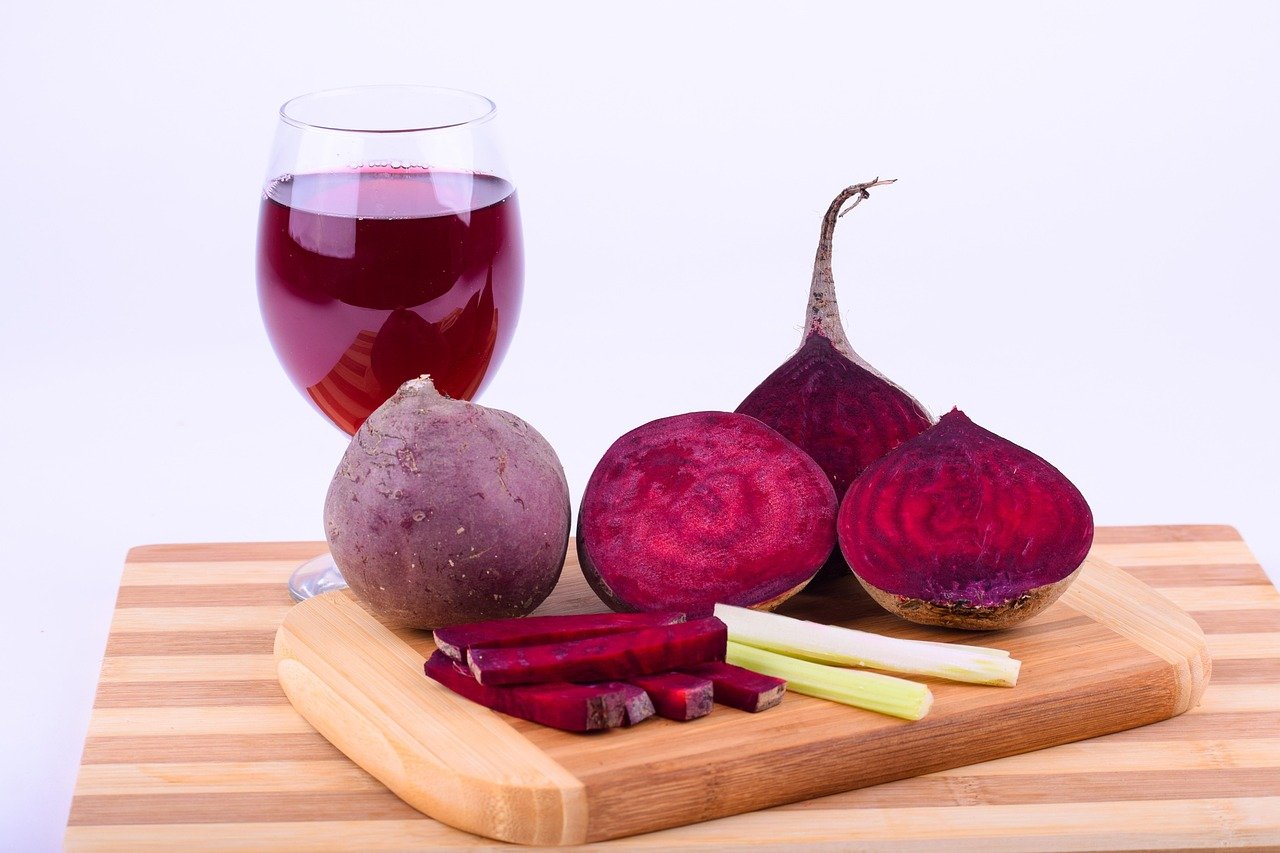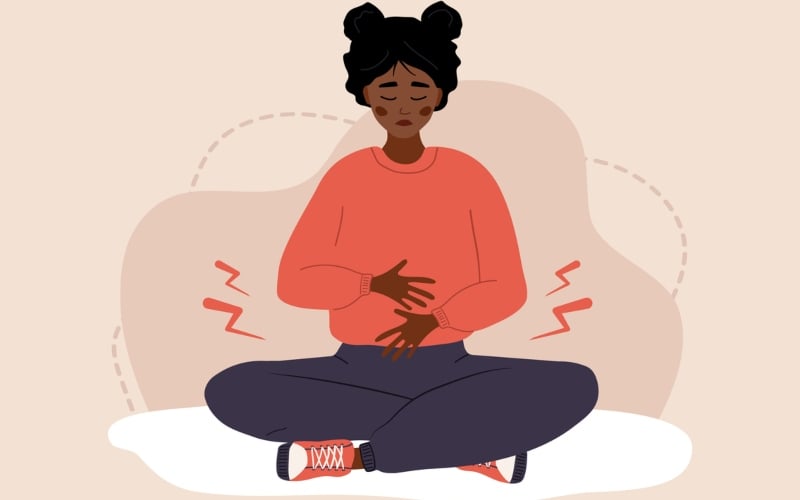CANNABIS CULTURE – Botswana keeps the drug war going while neighbour states begin to tap the wealth and trade potential of cannabis.
“Botswana needs to open up yesterday rather than today,” says Tebogo Duma president of the informal Botswana Cannabis Progress Alliance.
Transacting in medicinal or leisure cannabis is strictly prohibited in Botswana and punishment can fetch up to ten years in prison, Duma the local industry lobby leader explains. “That doesn’t mean locals never touch cannabis in their day-to-day lives though.”
Botswana is odd in the regional, booming African hemp and cannabis ecosystem. Zimbabwe, South Africa, Zambia, Lesotho, and Namibia have varying allowances for the cultivation of hemp and cannabis for medicinal and commercial purposes. For example, Zimbabwe to her east is far along the cannabis value chain that it’s already doing exports to Switzerland. South Africa to her southeast is now Africa’s biggest destination of medicinal cannabis investment finance and is shipping sophisticated to as far as the EU and Israel.
Yet, Botswana is so opposed to allowing the cultivation of hemp and cannabis that it’s until June last year when only one cultivator was allowed a license by Botswana’s high court to start farming hemp. Even this strict monopoly came only after a spirited court battle.
“Just one grower – given exclusive rights after a very expensive court battle – that’s how bad it is here in Botswana,” sighs Duma, the local lobby leader.
Botswana is home to the world’s richest diamond mines. However, by topography, Botswana is
one of Africa’s most arid nations.
“Being a very dry nation, my discussions with Botswana cannabis would-be entrepreneurs is that the government fears that a hemp and cannabis cultivation boom could drain scarce water reserves that Botswana already has,” says O’brien Nhachi, a regional climate and sustainability campaigner working across Zimbabwe, South Africa, and neighboring countries.
“Due to adverse water scarcity problems – Botswana imports everything from tomatoes to pineapples to spinach from South Africa. It looks like authorities don’t want to imagine rows of cannabis fields competing for scarce dam or groundwater with corn or cabbage fields,” Nhachi says.
If Botswana is unsure about sustaining the water volumes needed to enrich cannabis fields, some local industry players say another line of thought in Botswana’s government decision makers is that, with a population of just 2.5 million inhabitants, the country doesn’t have the workforce volumes to start serious hemp and cannabis cultivation.
“A junior government minister I chatted with told me that most Botswana workers are historically groomed to work in the diamond fields and yet still there is shortage. He asked: where will the mass of cannabis pickers, graders, lab specialists come from? Immigrants?” says Federico Malobane, an economist with the Botswana Agricultural Marketing Board Workers Union.
“That’s unhelpful thinking in Botswana government circles with regards to cannabis,” says Tebogo Duma, the cannabis lobby leader.
This is so because, in comparison, Lesotho, a neighbor country to the far east of Botswana has just 2.2 million residents, even lower than Botswana’s, but has grabbed Africa’s first allotment of the EU’s lucrative medical cannabis license in 2021.
In numerous workshops to prod Botswana’s decision makers to accelerate medical cannabis legalization, Duma says one director-general in Botswana’s ministry of agriculture went as far as to suggest Botswana’s domestic market for trading in processed hemp and cannabis products is too miniscule to license legalization. “I was shocked to hear: With a population of 2.5 million, where is the cannabis domestic market here in Botswana for the product to make a big retail impact here?”
Domestic market size should not be a hindrance, insists Federico Malobane, the workers union economist, because export of harvest is a bigger and more lucrative proposition than just thinking of Botswana’s domestic consumers. “Take a look at Lesotho. She has no sizeable domestic cannabis retail market, but all efforts are geared towards earning lucrative forex by exporting to Europe. As people get wealthier the domestic market will crop up with time.”
Original Article










